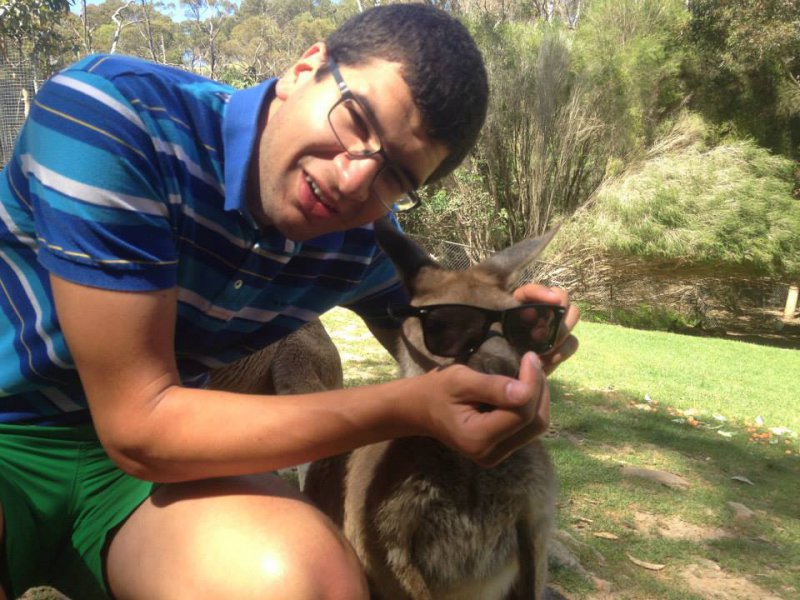Choosing a college after my grammar school years, which I spent alternately in Germany and the Czech Republic, wasn’t easy, because I have always enjoyed a broad range of subjects from humanities across languages to mathematics and technology. I searched for a study programme that would not only provide first-class expertise in my field, but would also teach me how to think and how to effectively approach problem solving. And so in 2010 I began to study Cybernetics and Robotics at the Faculty of Electrical Engineering at the same time as studying at the Law Faculty. I am currently studying for a Masters degree in Management with a focus on finance and risk management at Imperial College, London.
Although the study of Law and Cybernetics is difficult to compare, in some aspects we can draw comparisons. The Study of Cybernetics at FEL has always been a very positive challenge. Although it has often meant sleepless nights, I have learned how to solve problems, about which, at the outset, I knew very little. In retrospect I greatly value the skills I have acquired through the study of cybernetics; ways of thinking and above all a confident approach to finding solutions to complex problems. Additionally, the field of, "systems and control", which I chose under KyRu, can be applied not only in technology, but in a variety of fields, such as in management, which I am now studying.
Unlike Law School, at FEL I was part of "one big family", where not only students help each other, but also professors and assistants, who are always very willing to explain matters in more depth. The program emphasizes not only individual achievements but also teamwork, which is a very important skill to acquire for the future professional life. I’m still in touch with my year group and we enjoy meeting up during the year. Of course, from a technical point of view, the cybernetics programme is first class and from undergraduate studies it provides a solid foundation of technical knowledge, both theoretical and practical.
Another great benefit of the programme is the chance for students to spend part of their studies at elite foreign partner universities. Students not only have the opportunity to find out how it is to study abroad, but also learn how to interact with new cultures, which, in today’s ‘global’ world, is a huge plus. I took advantage of this opportunity in my last year and went to study for a semester at the University of Adelaide in Australia, which was a great experience.
To summarize, I would say that the experience one gains on the study programme KyR can be widely applied to a range of subjects. Personally, I have, over time, become more focused on the management of technology, and in 2014 I was given the opportunity to take up a six-month internship in Stuttgart at Mercedes-Benz in the Department of Quality Management, where my task was to optimize work processes. It is thanks to my studies at FEL that I was able to quickly navigate the issues and very successfully complete my internship. As I mentioned earlier, I am now studying Management at Imperial College, London, which perfectly combines my earlier "humanitarian" studies with my technical studies. In the future I would like to address management in technology companies ...
Sufjan Doula
